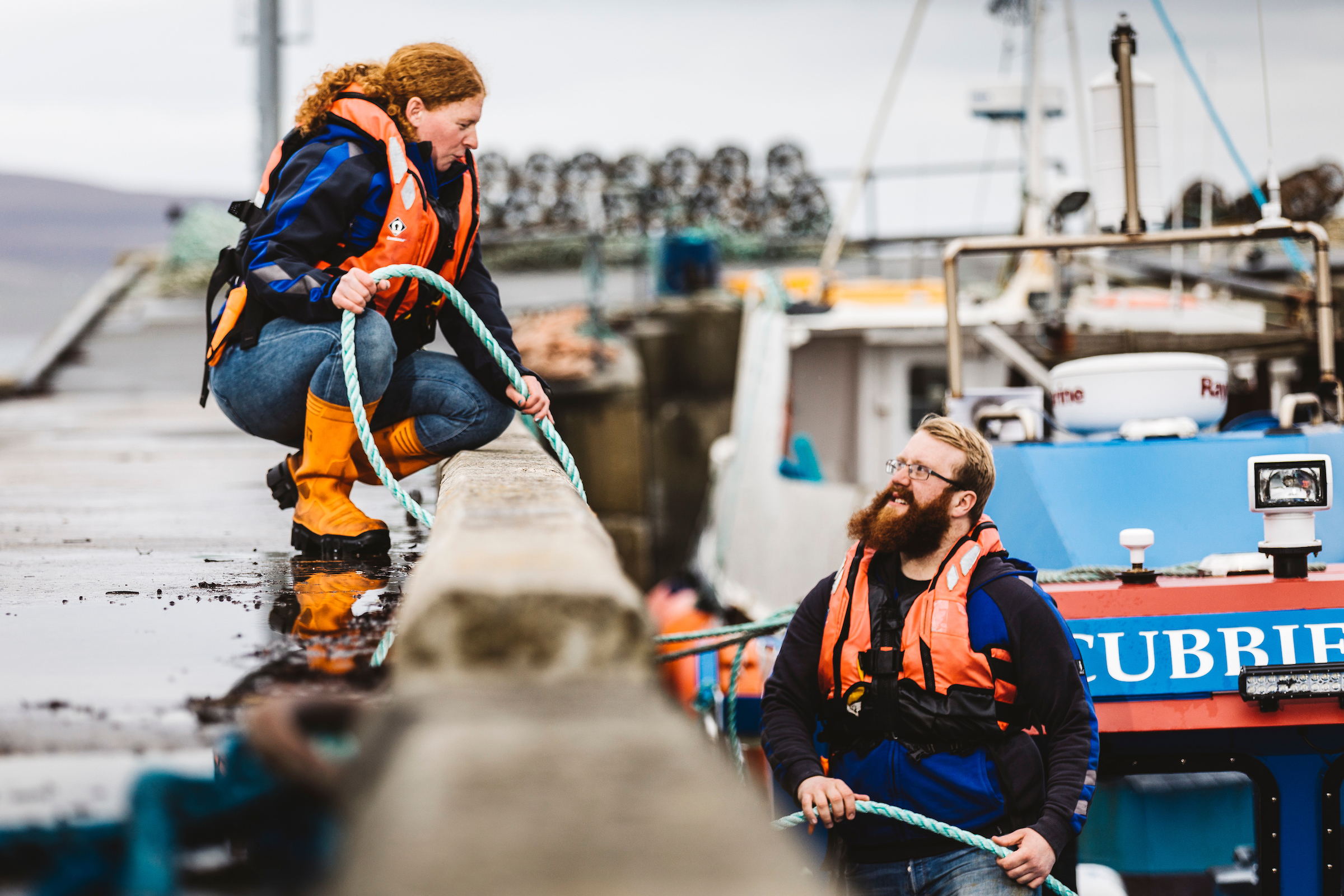Salmon farmers separate fact from fiction

SCOTLAND’S salmon farmers have produced a booklet of facts about their industry, aimed at addressing misperceptions and correcting often inaccurate coverage in the press.
The publication, ‘Reported Versus Reality: A Pocket Guide to Scottish Salmon Farming’, has been sent to MSPs, Scottish MPs and local councillors, as well as to other stakeholders, including regulators, environmental groups, and any public bodies connected to the industry.
The 24-page A6 guide tackles issues such as mortality rates, sea lice infestations on farms, stocking densities in cages, the impact of the sector on the environment and on wild stocks, and the shooting of seals.
Scotland’s salmon farming companies came up with the idea of telling their own story in bite-size form during the recent parliamentary inquiry into the industry.
Holyrood\’s Rural Economy and Connectivity committee finished taking evidence last week and is due to produce its report in the autumn.
The farmers say in the booklet: ‘Much has been said about Scottish salmon farming in recent months; much of it misleading or inaccurate, particularly with regards to fish welfare and the impact of our farming activity on the environment.
‘These inaccuracies, if left uncorrected, have the potential to do untold damage to the reputation of Scottish farmed salmon.
‘They also have the potential to jeopardise much needed jobs, reduce business for local suppliers, and diminish the sector’s significant contribution to the economy in terms of salaries, tax and export value.
‘So on behalf of our people, our partners and our communities, this pocket guide aims to set the record straight and enable a fairer, more balanced dialogue about the future of this key sector for Scotland.’
Jim Gallagher, managing director of Scottish Sea Farms and one of the industry leaders behind the initiative, said: ‘Scotland’s salmon farmers have some of the strongest credentials of all the farming sectors, particularly with regards to sustainability with a lower carbon footprint than chicken, beef or pig farming.
‘We’re also amongst the most highly regulated of all salmon farming countries in terms of both fish welfare and the environment, and invest millions year-on-year to find ever better ways of doing things.
‘It’s this unrelenting commitment to meeting growing global demand for protein in the most responsible, sustainable way that we want to convey through the booklet, answering some of the most common misconceptions head-on and showing just how far the sector has come in four short decades.
‘Is there scope to advance and improve further? Always – and as recent years prove, by working closely with the Scottish supply chain, government organisations such as Marine Scotland and Sepa [Scottish Environment Protection Agency], and world leading researchers, we can absolutely achieve it.’
To read the booklet visit https://www.scottishseafarms.com/sustainability/reported-versus-reality/
Picture: Salmon farmers in Orkney

